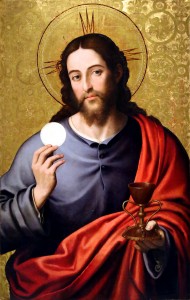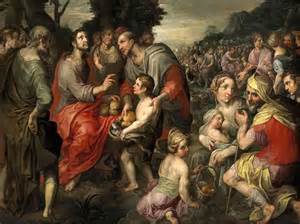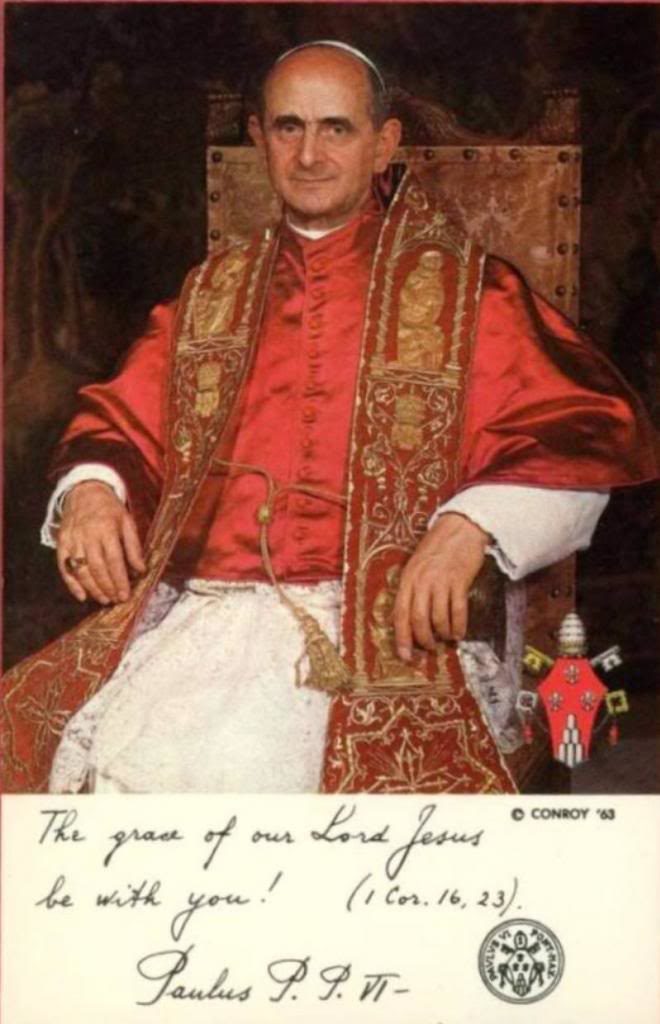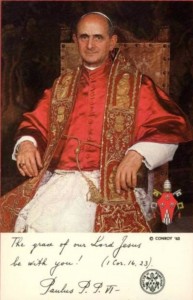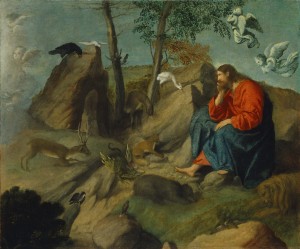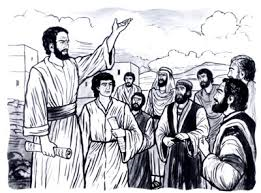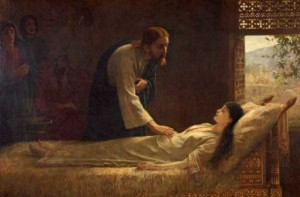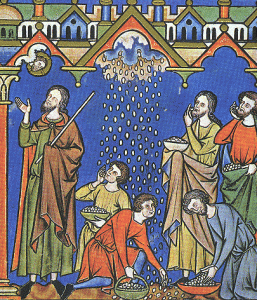 When I was a curate at Old Saint Mary’s, sometimes St. John’s Hospice would close because of a fight. The homeless used to come to our door and ask for food. Erma our cook would give out plain white sandwiches in paper bags every afternoon at 5:00. After getting their sandwich some people ate it at once. Others ate only a half and saved the rest for later.
When I was a curate at Old Saint Mary’s, sometimes St. John’s Hospice would close because of a fight. The homeless used to come to our door and ask for food. Erma our cook would give out plain white sandwiches in paper bags every afternoon at 5:00. After getting their sandwich some people ate it at once. Others ate only a half and saved the rest for later.
But you always had a few who grumbled at the plainness of the bread or the quantity of the meat or who liked mustard instead of mayonnaise. Some even threw their sandwich away or in the street.
The Gospel today is a reflection on the Bread come down from heaven; the Bread that we receive in our hunger for truth and eternal life. What we do with this Bread is important and defines our own life with God.
Pope Saint Leo the Great once wrote: The effect of our receiving the body and blood of Christ is to change us into what we consume.
As you take your portion of this Bread today, be conscious of your worthiness to receive this great Gift. Am I truly pure of heart; free from grave sin? Have I fasted one hour before receiving? Is it my intention to share with others the grace I do receive?
Above all, be conscious of your imitation of Jesus and how, through this holy consumption, we become Eucharist for a hungry world.
